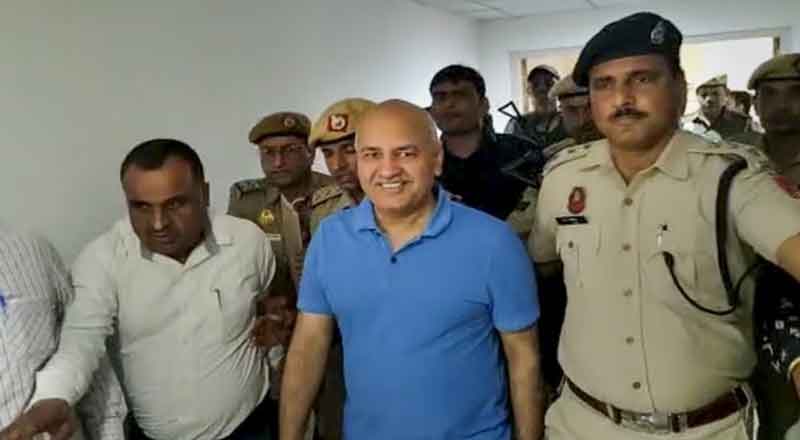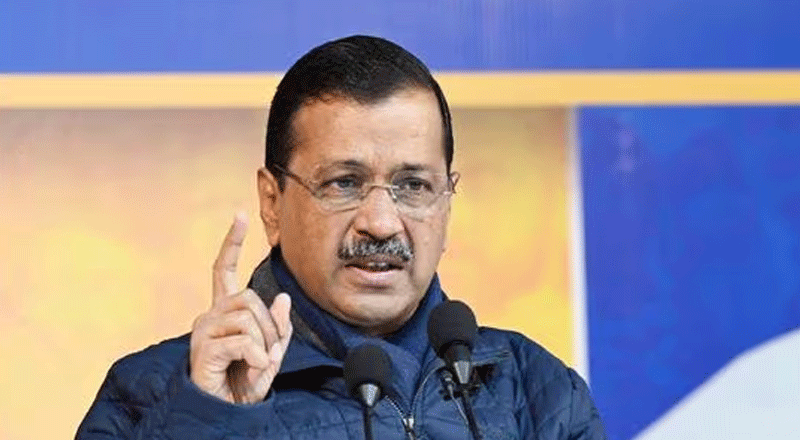The judicial custody of former Delhi Deputy Chief Minister and AAP leader Manish Sisodia and other arrested accused persons has been extended by Rose Avenue Court till April 18th.
The decision to extend the judicial custody of former Delhi Deputy Chief Minister and AAP leader Manish Sisodia, along with other arrested accused persons, until April 18th indicates ongoing legal proceedings related to their case. Here’s an analysis:
- Legal Process: Extending the judicial custody suggests that the court finds it necessary to continue holding Sisodia and the other accused persons in custody as part of the legal process. This could be due to ongoing investigations, the need for further evidence gathering, or other procedural requirements.
- Nature of Charges: The reasons behind their arrest and subsequent judicial custody are not specified in the provided information. However, it’s likely that they are facing charges related to alleged criminal activities or legal violations.
- Judicial Oversight: Judicial custody extensions are typically granted by the court based on considerations of the seriousness of the charges, the risk of flight or tampering with evidence, and other relevant factors. The court’s decision reflects its assessment of the case and its determination to ensure fair and impartial proceedings.
- Legal Representation: Sisodia and the other accused persons are likely to have legal representation to advocate for their interests and defend against the charges brought against them. Their legal team may seek bail or challenge the extension of judicial custody through appropriate legal avenues.
- Public and Political Impact: As a prominent political figure, Manish Sisodia’s judicial custody extension may attract public attention and have implications for political dynamics in Delhi and beyond. The outcome of the legal proceedings could influence public perceptions of him and his party, the Aam Aadmi Party (AAP).
In conclusion, the extension of judicial custody for Manish Sisodia and other accused persons underscores the ongoing legal process and the court’s commitment to ensuring due process of law. The case highlights the intersection of legal, political, and public interests, and its resolution will likely have broader implications.




